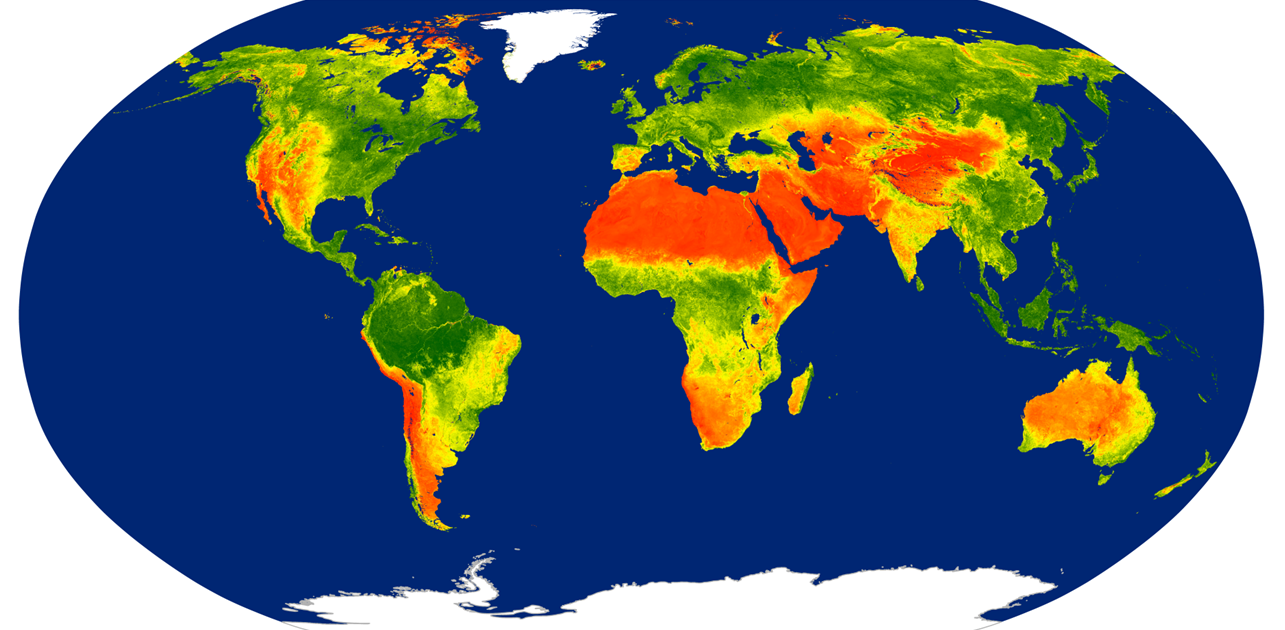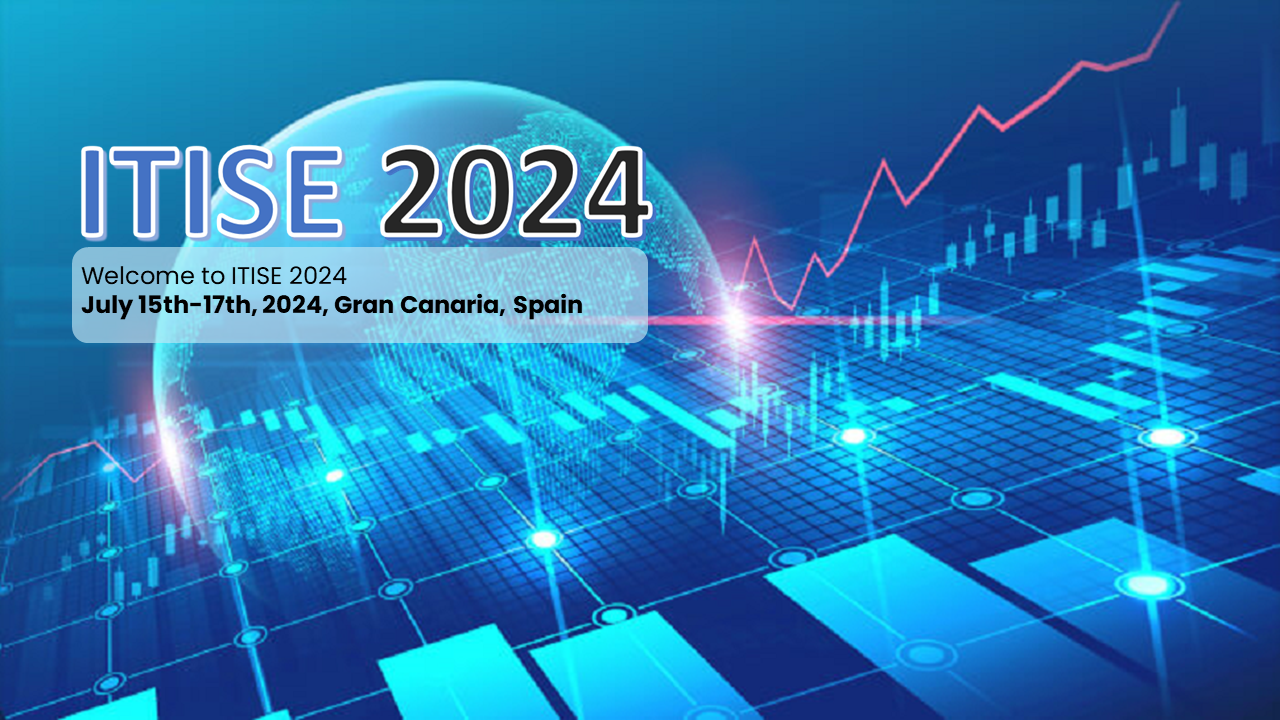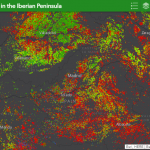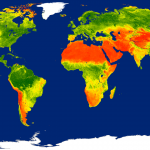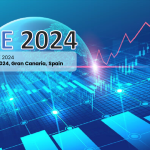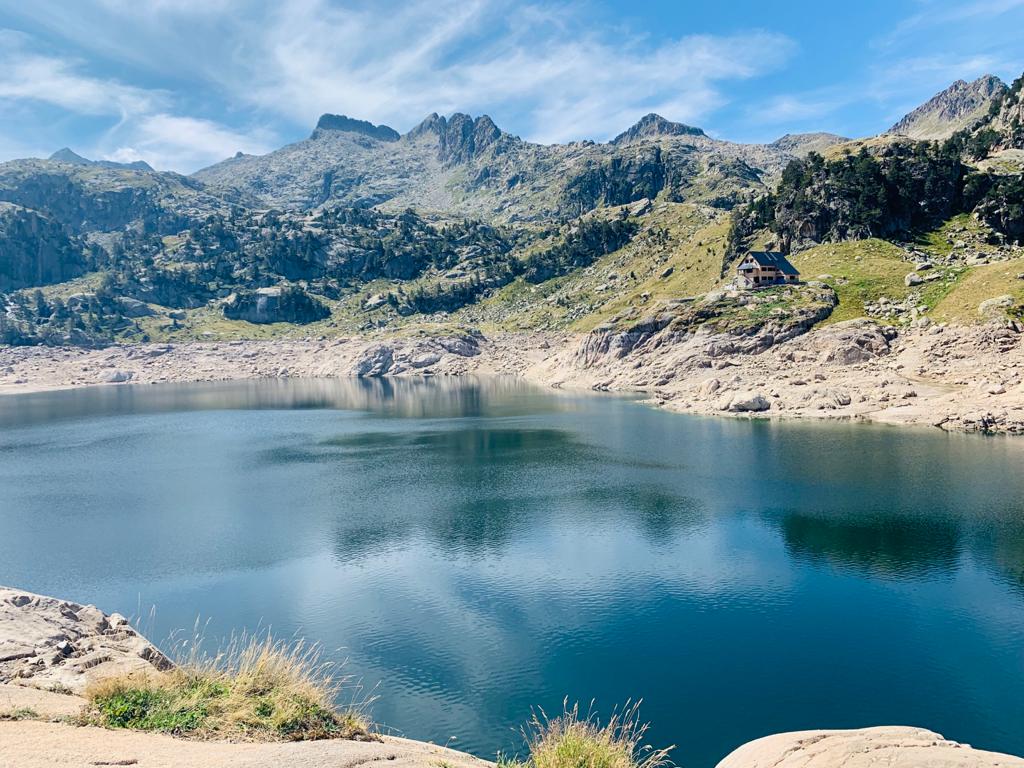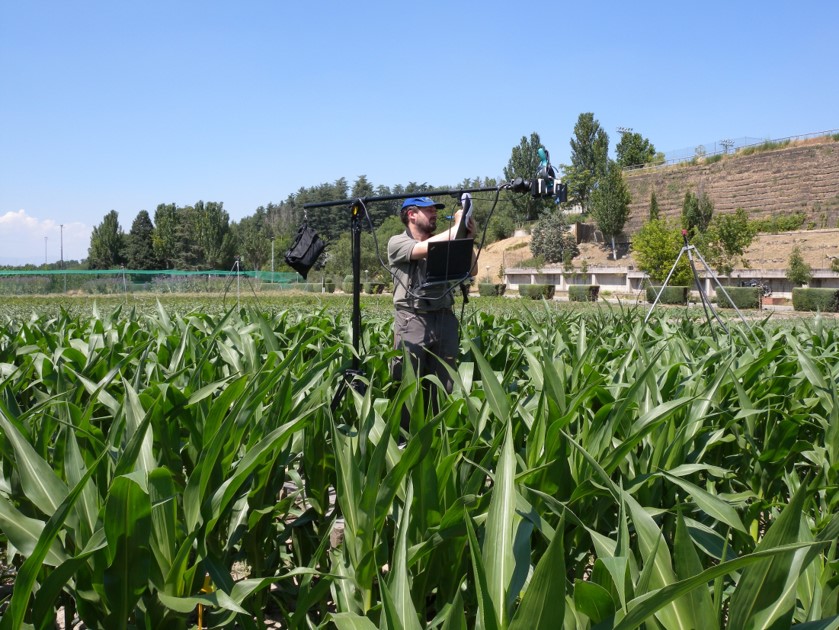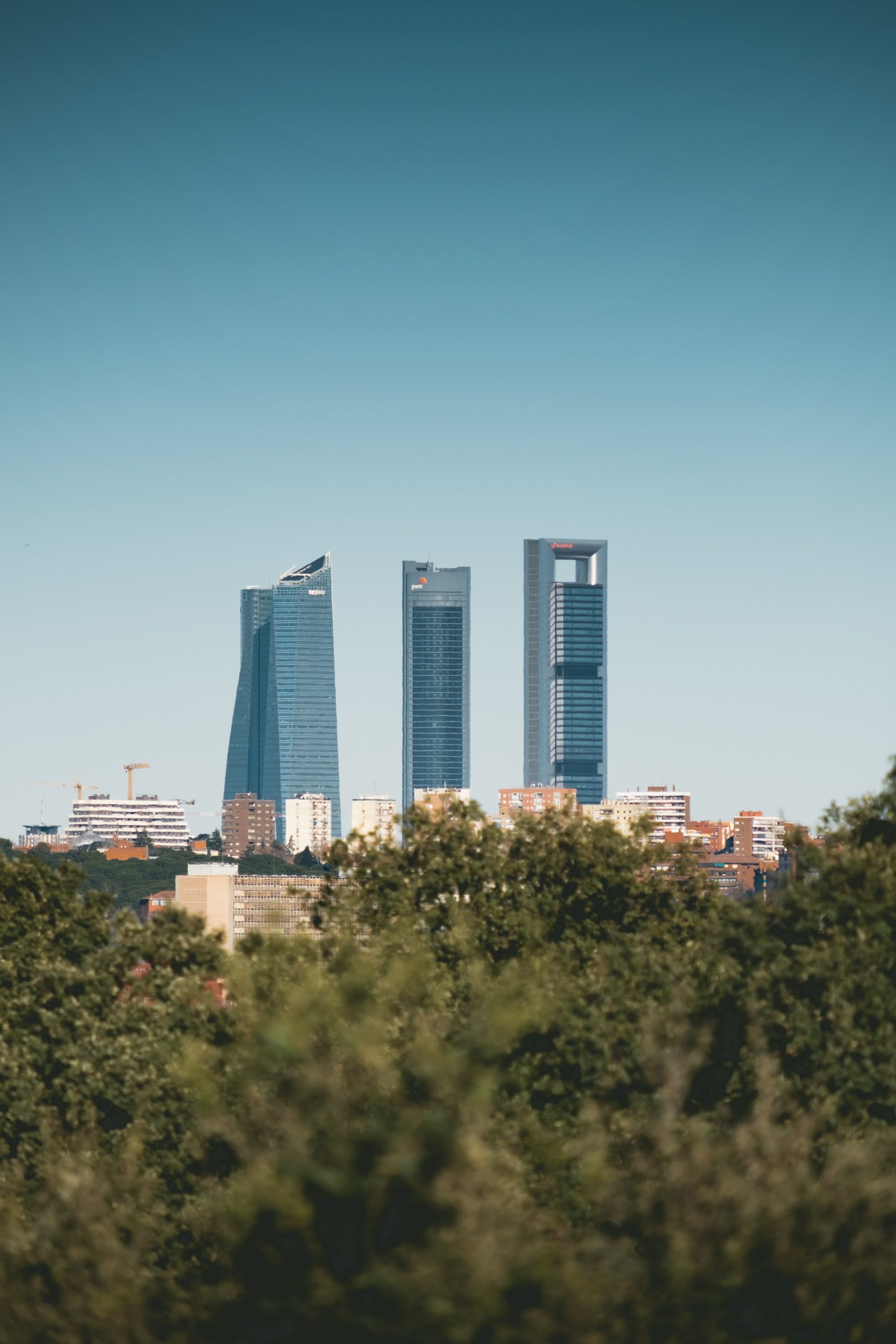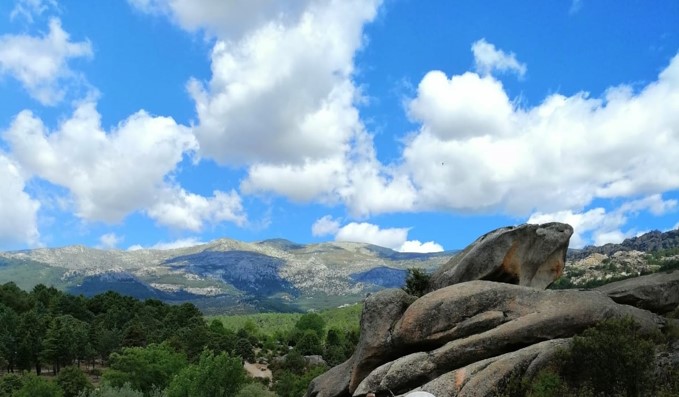Geo-Qubidy is a Research Group at the “Universidad Politécnica de Madrid” (UPM) Spain, working in close collaboration with researchers from the “Universidad Rey Juan Carlos” (URJC).
We are focused on the quantitative assessment and monitoring of the Biosphere Dynamics and Processes, including the impacts of climate change and anthropogenic perturbations in the short and long terms. Forest and agricultural environments, cities, water resources, and interactions with the atmosphere are central to our research.
Our innovation potential stems from a high interdisciplinary and synergistic scheme that integrates a deep knowledge of the biological systems with mathematical and engineering tools. Our team includes experts in forest processes, agriculture, climatology, data analysis and statistics, remote sensing, geographic information systems, energy and thermodynamics.
We use both bottom-up and top-down strategies. While most of our data provide from remote sensing sources such as AVHRR, MODIS, and SENTINEL, we also consider essential local information from institutional sources and fieldwork.
Research areas
We are pioneers in developing models to understand and forecast biosphere processes with a multidimensional approach. Thus, our work embraces hyperspectral analysis, spectral indexes development, time series statistical analysis, energy balance, and artificial intelligence, among others.
Some of our main scientific innovations include (1) Spectral Shape Index idea and development, (2) forecasting fire risk from NDVI time series, (3) mapping agricultural and forest field from autocorrelation patterns, (4) mapping vegetation seasonal dynamics using periodogram derived parameters and (5) relationship between soil respiration and vegetation spectral properties.
We are scientists and engineers, so our work is driven by society’s needs, focusing on developing highly applicable and operative products. Among others, they include maps of agricultural practices, vegetation dynamics, and land-use changes, as well as innovative algorithms for new indexes, forecasting models.
Our work contributes directly to the following Sustainable Development Goals (SDGs): 1. End poverty, 2. Zero Hunger, 4. Quality Education, 7. Affordable and clean energy, 11. Sustainable Cities and Communities, 12. Responsible Production and Consumption, 13. Climate Action, 15. Life on land, and 17. Partnerships to Achieve the Goals.
WELCOME TO OUR SITE!



